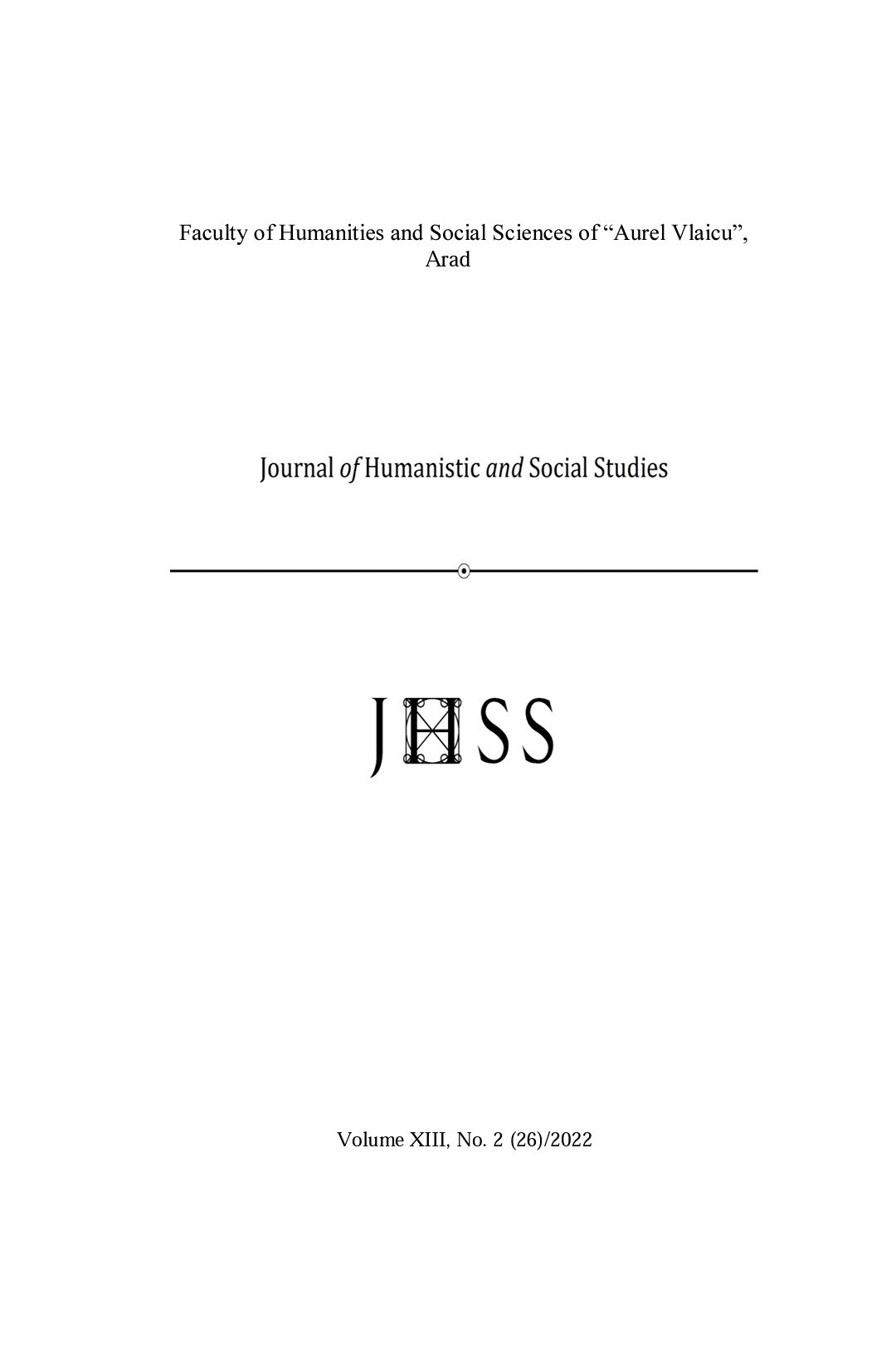Means of Conversing with the Other: History and Memory in Toni Morison's Fiction
Means of Conversing with the Other: History and Memory in Toni Morison's Fiction
Author(s): Abd Hussein GhufranSubject(s): Social history, 17th Century, 18th Century, 19th Century, Politics of History/Memory, American Literature
Published by: Editura Universității Aurel Vlaicu
Keywords: Slavery; identity; memory; Morrison (Toni); beloved; A Mercy; triungular trade;
Summary/Abstract: The present research is a reading of Toni Morrison’s novels meant to emphasize the relation between historical reality and memory to deal with therness in the racist, segregationist, and social, sexist environment of twentieth-century white America. Her novels deal with the historical reality of the black family. They serve as memories for the present, and future generations as the writer’s true mission is to preserve and recall the past of the men and women of her people. The characters’ memories can be repressed or forgotten. In contrast, the collective memory (family, religious, or social group memory) can be shared with the community and shape their identity. Her novels tell the story of the blacks as a commodity. It is the story of slavery and the slave trade and their undeniable impact on the future development of the former slaves. By writing about slavery with all its range of injustices, Morrison opens the dialogue with the other. Slavery, based on the exploitation of the weak, particularly blacks, by the whites who hold economic and political power, is put to trial in Morrison’s novels. Writing about slavery would not provoke or nourish resentment but ask that this injustice never be repeated.
Journal: Journal of Humanistic and Social Studies
- Issue Year: 13/2022
- Issue No: 2
- Page Range: 21-38
- Page Count: 18
- Language: English

